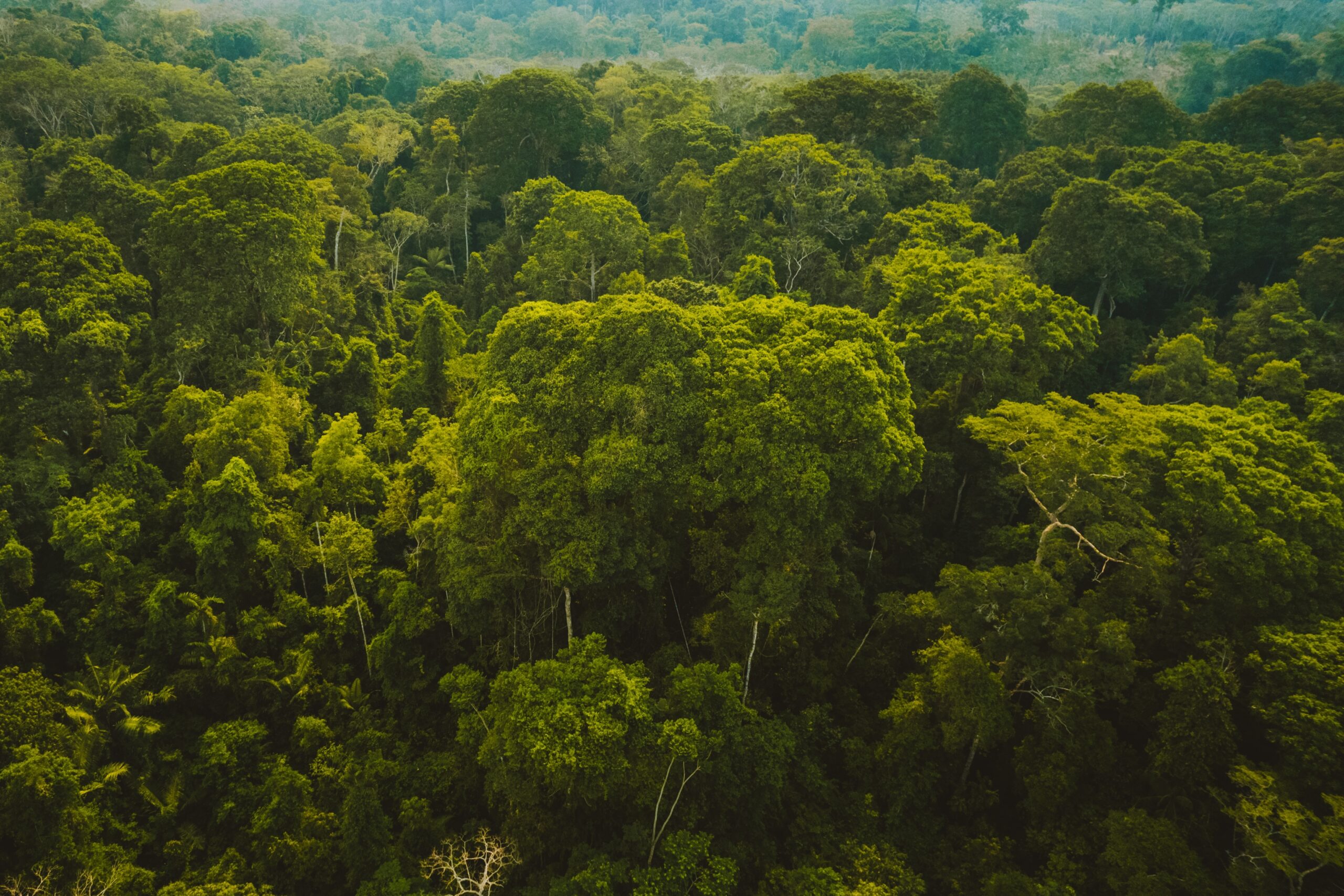
With an area equivalent to the size of France in abandoned lands in the Amazon, Brazil has a high potential for forest production, being one of the major global references in forest restoration science, as well as one of the priority areas for ecological restoration in the world. To leverage this activity, which can generate more than 2.5 million jobs, Instituto Arapyaú and the Brazilian Tree Industry (Ibá) signed a cooperation agreement to develop projects that meet the Brazilian government’s goal of restoring 12 million hectares of native forests.
The partnership has three main objectives: mobilize the private sector for the construction of carbon and timber/non-timber products markets; share knowledge and operational challenges and foster discussions and actions to unlock resources and incentives for the sector.
This last strategy is especially important, as Brazil will need to invest R$228 billion to achieve the goal of restoring 12 million hectares, according to a study by Instituto Escolhas. The return, however, will be three times that amount, with an estimated net revenue of R$776.5 billion from the sale of carbon credits and forest products.
<p"Forest restoration needs to be understood as an activity that can have a significant participation in the GDP, just like agribusiness," says Renata Piazzon, general director of Arapyaú. She adds that, for this to happen, the activity must become a State agenda, with the participation of the private, financial, and civil society sectors.Paulo Hartung, president of Ibá, says that the partnership with Arapyaú comes at an “opportune moment,” as there is, according to him, a growing interest in society to value native and national products from sustainable production. “At the same time, the economies of the world are committing, between advances and setbacks, to goals to reduce carbon emissions,” he emphasizes.
Hartung explains that the cultivated tree industry is based on a large-scale bioeconomy model, operating in an integrating, systemic, and circular logic, from the tree to the post-use of the product, generating a range of climate benefits.
<p"Today, the sector plants 1.8 million trees per day, in addition to preserving 6.9 million hectares of native forest, an area larger than the state of Rio de Janeiro." By joining forces with Arapyaú, the expectation is that these numbers will continue to grow.